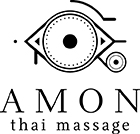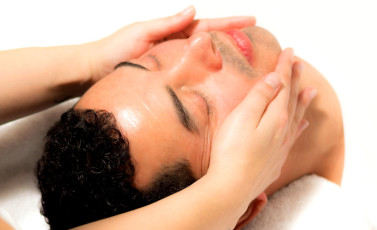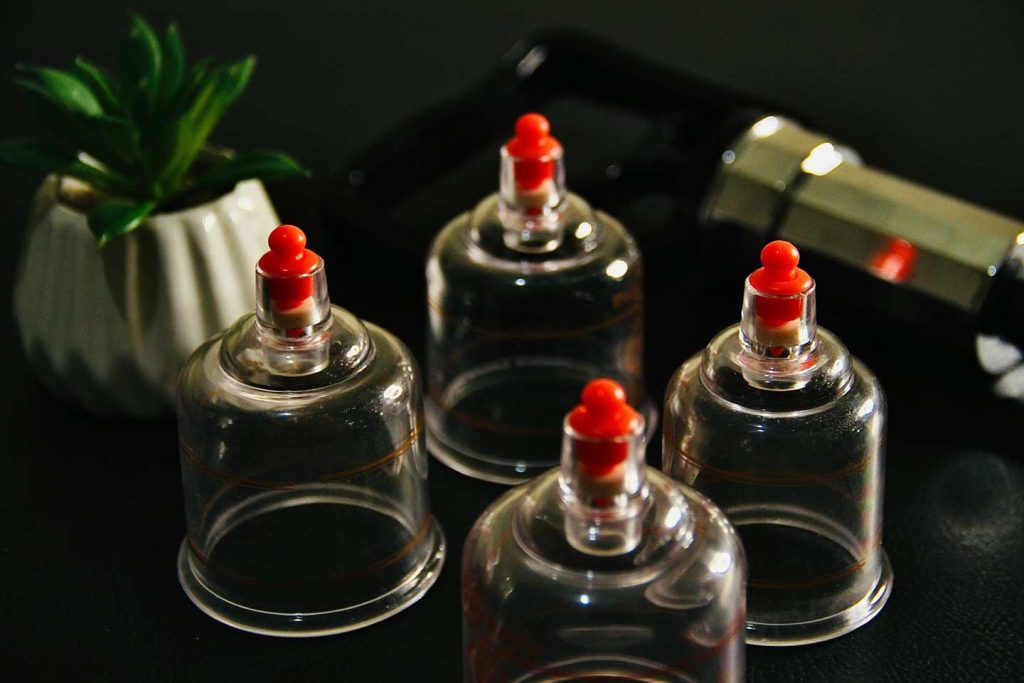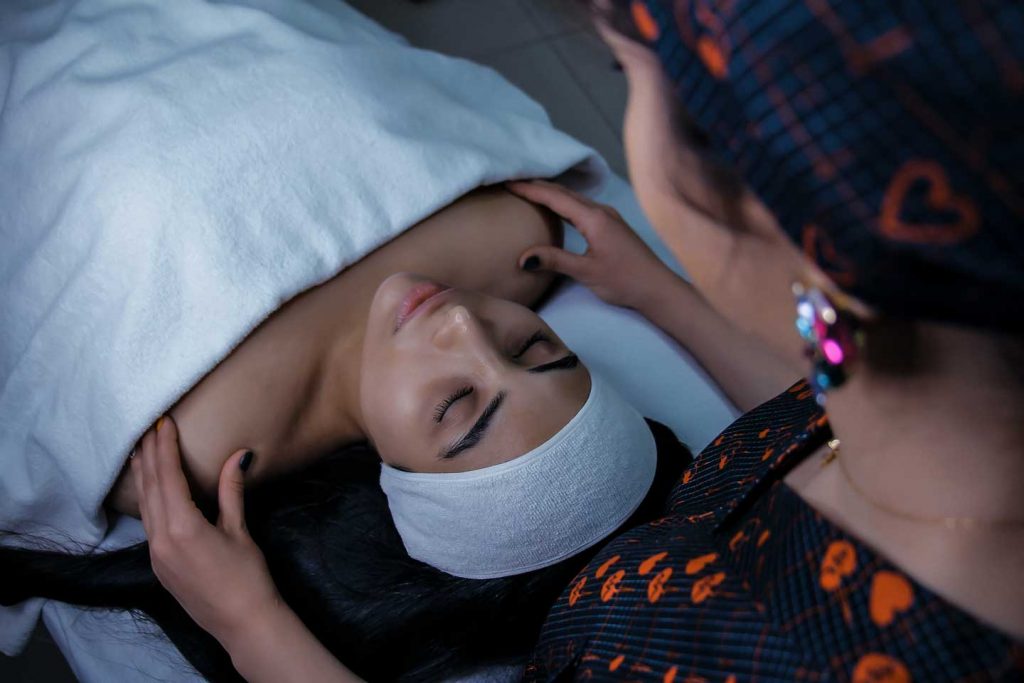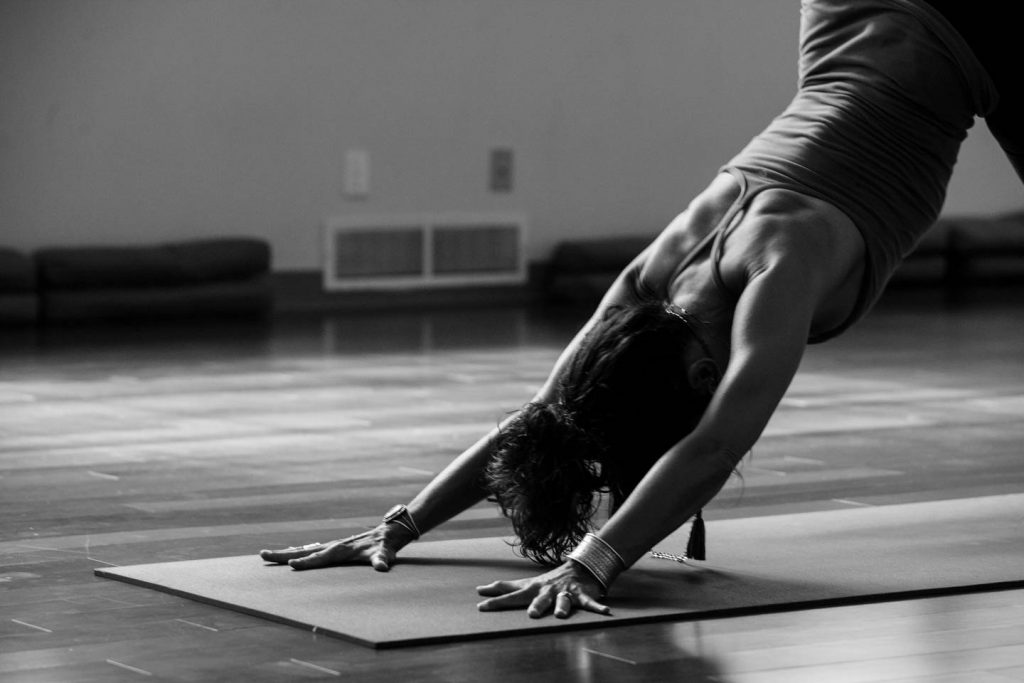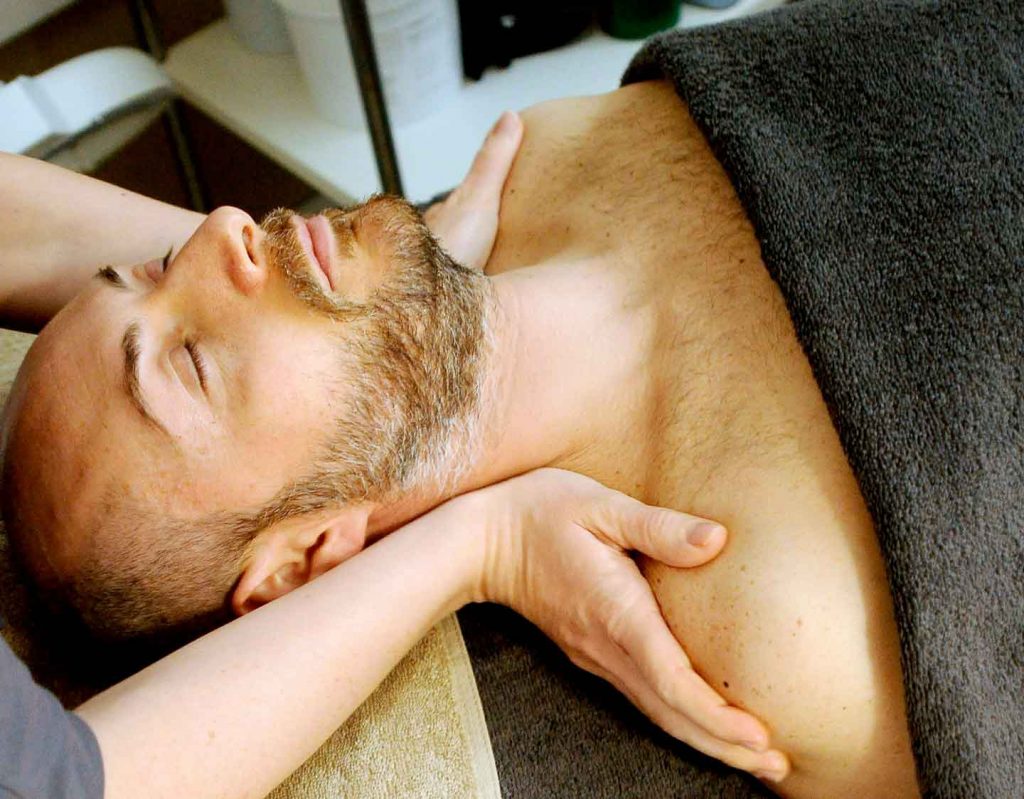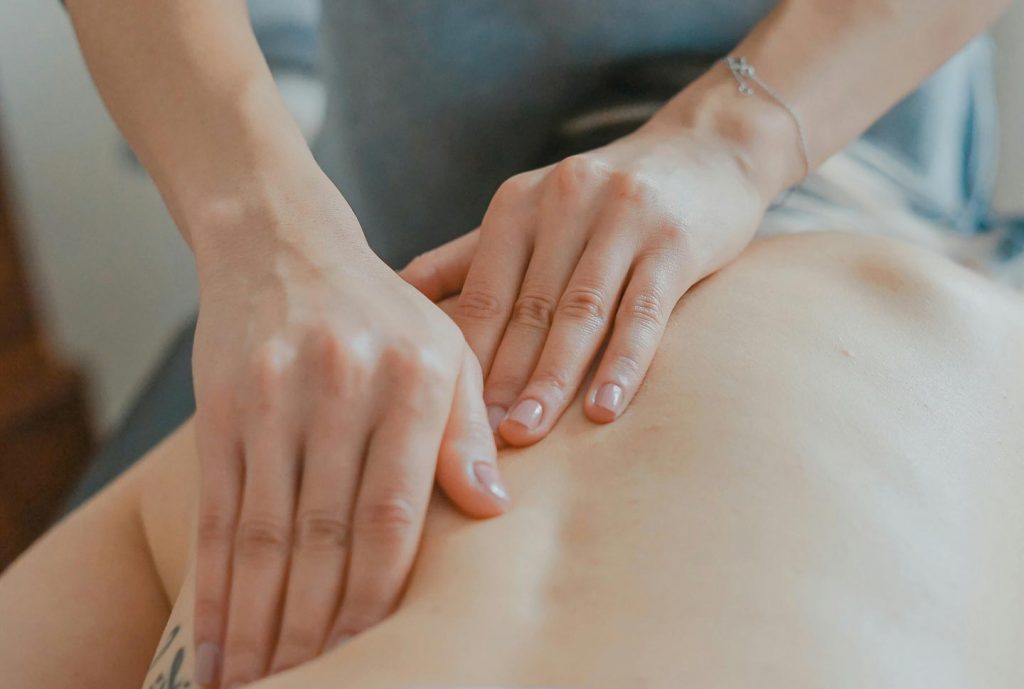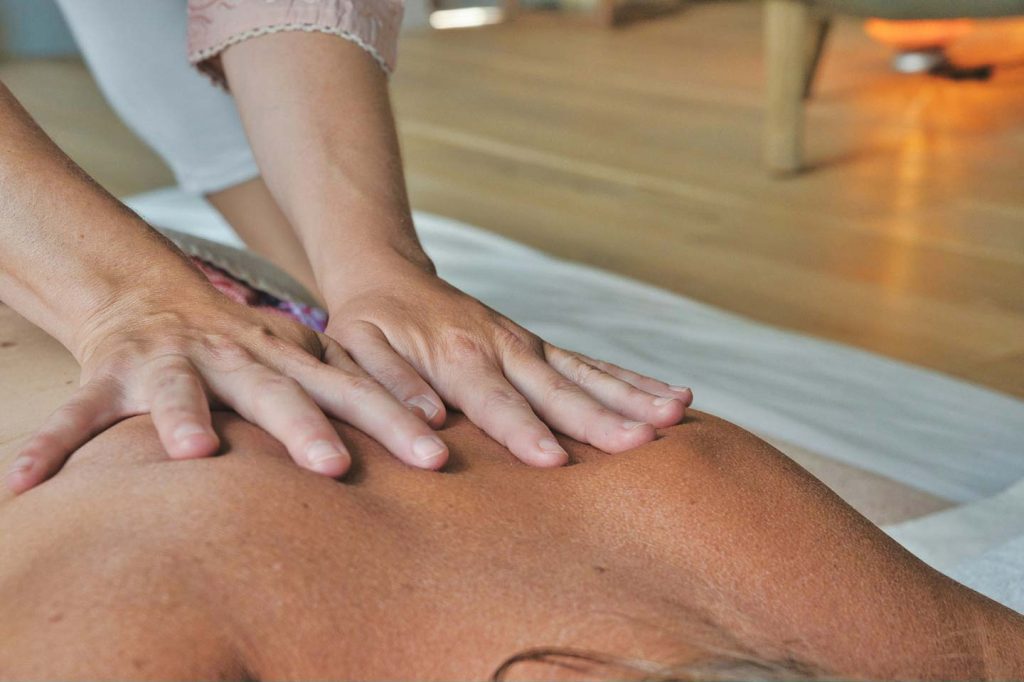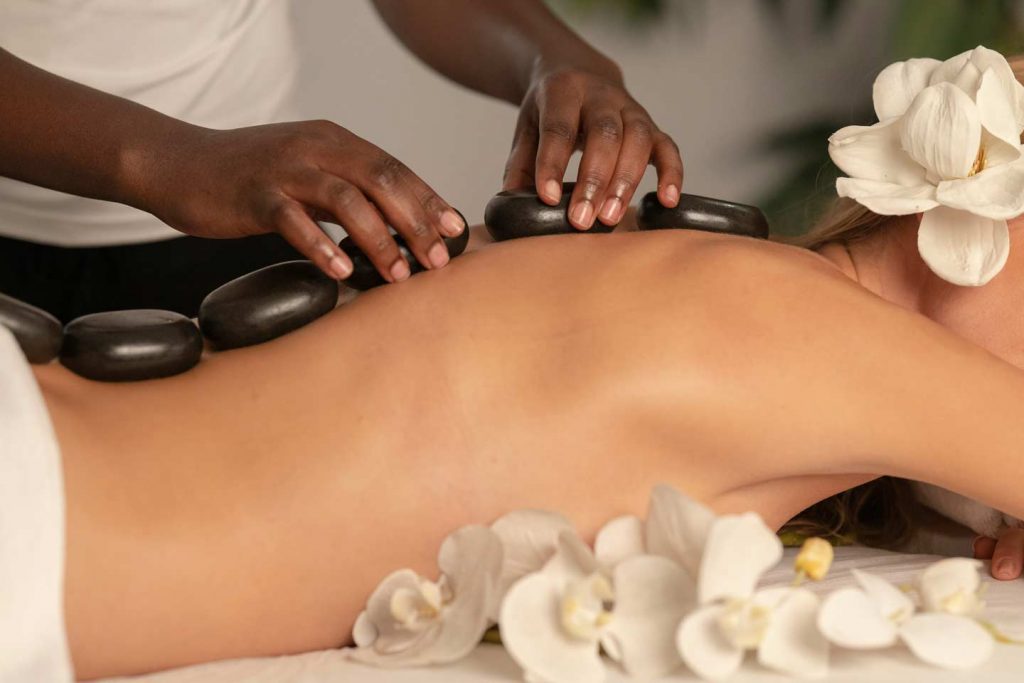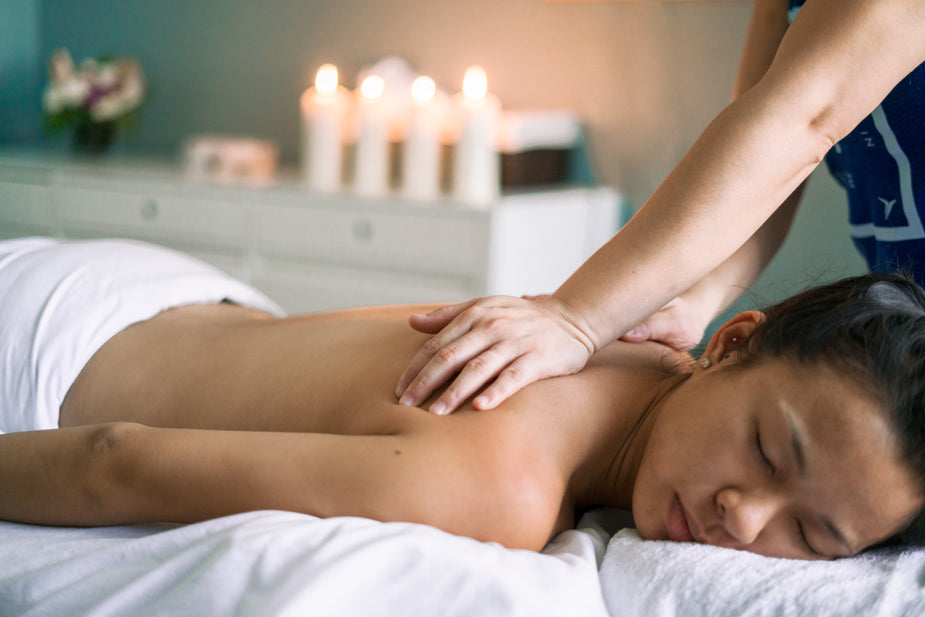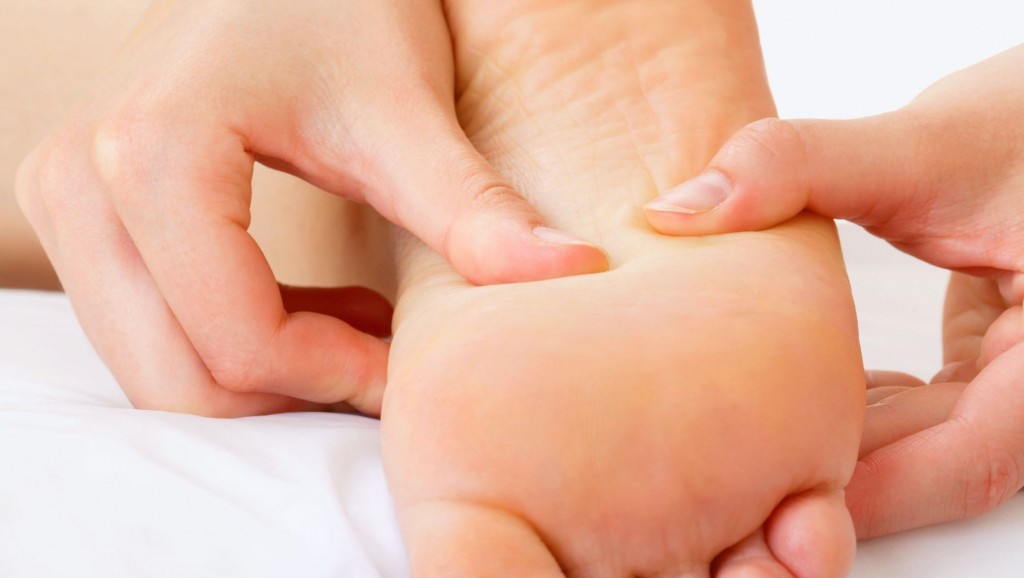Bruxism and Thai Massage, how can it help?
Bruxism, commonly referred to as teeth grinding, is a condition where an individual unconsciously clenches their teeth or grinds them, often leading to dental damage, jaw disorders, and discomfort. This condition can manifest during the day or night, categorised into ‘awake bruxism‘ and ‘sleep bruxism.’ The search for effective treatments has led many to explore alternative therapies, one of which is the ancient practice of Thai Massage.
Originating from the healing traditions of Thailand, Thai Massage combines the principles of acupressure, yoga postures, and reflexology to promote holistic wellness and relaxation. Its comprehensive approach to body and mind wellness makes it a particularly interesting option for those suffering from bruxism. This exploration seeks to unveil how Thai Massage can provide relief for bruxism symptoms, potentially offering a natural and therapeutic solution to this pervasive issue.
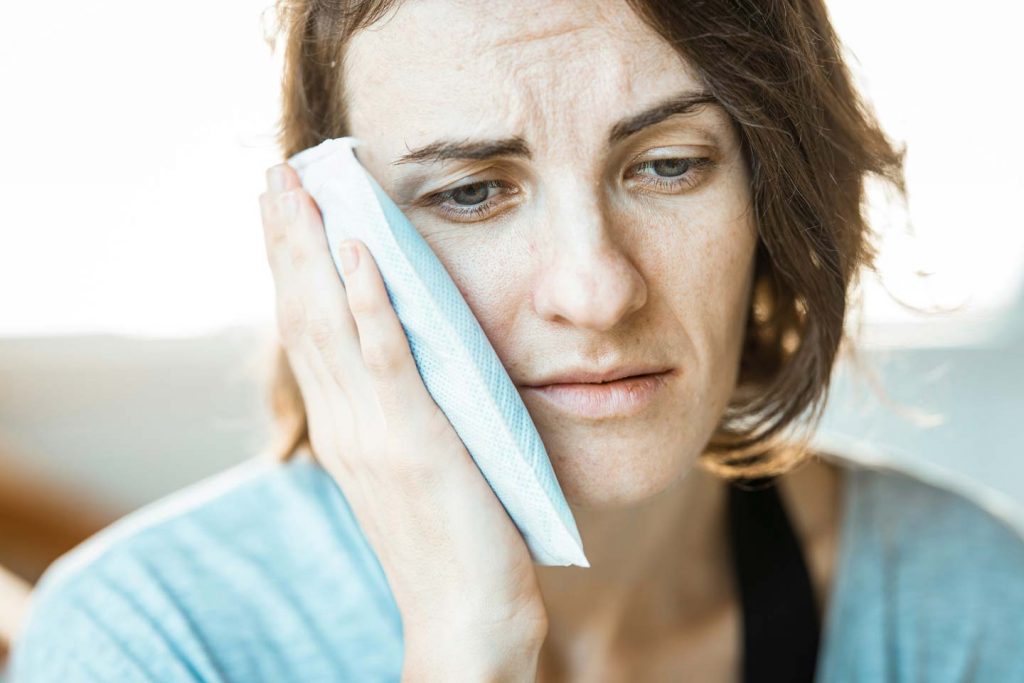
Understanding Bruxism
Bruxism is an oral motor condition that is typically characterised by the grinding of teeth and the clenching of the jaw. These behaviours can occur unconsciously during both waking hours and sleep, which is why the condition is divided into wakeful, or daytime bruxism, and nocturnal, or sleep-related bruxism.
People often come to know they have bruxism when they are informed by someone who hears the grinding at night, or when dentist notices wear on the teeth that indicates clenching or grinding. Symptoms of bruxism may include jaw pain or tightness, headaches, earaches, and damaged teeth.
If untreated, the condition can lead to various dental injuries, including chipped teeth, increased tooth sensitivity, and flattening or wear of teeth. Moreover, the chronic muscle strain associated with bruxism can evolve into more severe and painful conditions such as temporo-mandibular joint dysfunction (TMJD).
The exact causes of bruxism are not well understood, but several factors are believed to contribute to the condition. Psychological stress, anxiety, and aggressive or hyperactive personality types have all been linked to bruxism. Physiological factors such as abnormal occlusion (the way teeth fit together), a misaligned jaw, or sleep apnea can also play a role. Other contributing factors may include certain medications or substances, neurological diseases, and even genetic predisposition.
Most common treatments for bruxism
Common treatments for bruxism include wearing mouth guards during sleep to protect the teeth, stress management techniques, behaviour modification, medications, and even Botox injections to reduce muscle activity in severe cases. Each has varying degrees of success, and often, treatment plans must be tailored to the individual’s specific needs.
However, despite such interventions, many people with bruxism continue to seek additional, complementary therapies to manage their symptoms. This is where the potential benefits of Thai Massage come into focus. As a therapeutic practice that strives for physical and emotional harmony, it is particularly well-suited for tackling the stress-related aspects of bruxism.
Thai Massage may serve as a supplemental treatment that not only addresses the symptoms but also the underlying causes, like stress and muscular tension. By embracing the mind-body connection, Thai Massage opens up a path to wellness that might be particularly beneficial for those struggling with the unconscious night-time or daytime grinding of teeth.
Understanding bruxism, its effects, and its causes is essential for finding the most effective treatments. Through a deeper appreciation of this condition, the following sections will delve into the healing art of Thai Massage, exploring its potential in providing relief and benefits for those affected by bruxism.

What is Thai Massage?
Thai Massage, traditionally known as Nuad Thai, is a therapeutic practice that has been a part of Thailand’s medicinal system for thousands of years. Stemming from a fusion of Indian, Chinese, and Southeast Asian cultural spheres, it utilizes a symbiotic approach aiming to treat the body, mind, and spirit as interconnected parts of a whole.
The method of Thai Massage is distinguished by its combination of rhythmic compression, acupressure, energy line work, and an array of yoga-like stretching movements. Instead of lying passively, recipients of Thai Massage are actively engaged in the session as therapists use their own body mechanics—hands, knees, legs, and feet—to mobilize the recipient in a series of stretches reminiscent of yoga asanas. Through this dynamic therapy, practitioners aim to improve the individual’s flexibility, internal organ functions, circulation, and nervous system responses.
Within the holistic model of Thai Massage, energy lines known as “Sen” are believed to run throughout the body, akin to the meridians of Traditional Chinese Medicine. Therapists are trained to palpate these lines, applying precise and mindful pressure to clear blockages that are thought to contribute to illnesses and imbalanced states in the body. This physical alignment of the body’s energy channels, or Sen, is considered to be one of the key aspects of how Thai Massage promotes overall well-being.
What are the effects of a Thai Massage?
Importantly, Thai Massage also emphasizes the mind’s role in physical health. Practitioners often integrate mindfulness and meditative techniques into their sessions, encouraging the recipient to cultivate an awareness of their own body and mind during the treatment. The calming effect of Thai Massage on the central nervous system can lead to a reduction in stress and anxiety, further adding to its therapeutic benefits.
This traditional therapy has endured through the ages because of its broad-reaching benefits, which include reduction of physical tension, improved energy flow, stress relief, and fostering a deeper connection between the body and mind. With these principles in mind, those who practice or receive Thai Massage often report an enhancement in their overall sense of health and vitality.
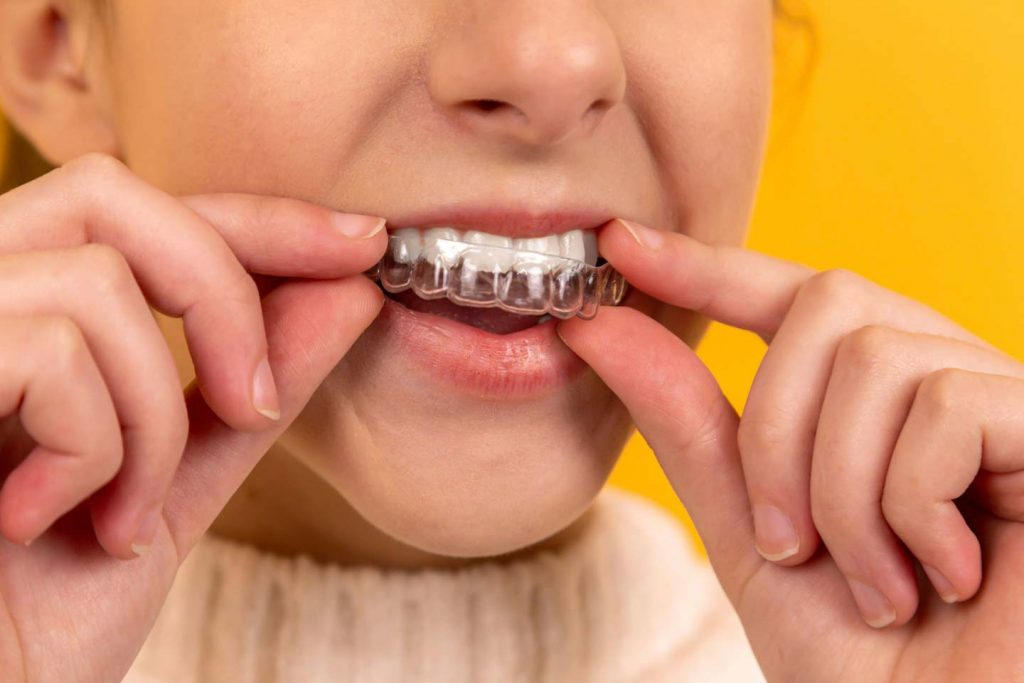
Benefits of Thai Massage for Bruxism
Considering the multifaceted nature of bruxism, which often links both physical and psychological factors, Thai Massage offers a unique combination of benefits that target various aspects of the condition. Building upon its holistic approach to health, we will explore several ways in which Thai Massage can be beneficial for individuals suffering from bruxism.
Mind-Body Relaxation
One of the primary benefits of Thai Massage is its ability to induce deep relaxation. Bruxism is commonly exacerbated by stress and anxiety, which can tense the jaw muscles and lead to vigorous teeth grinding. Thai Massage helps activate the body’s parasympathetic nervous system, which slows the heart rate, relaxes muscles, and reduces the production of stress hormones. Through mindful breathing and meditative practices included in the session, the mind can reach a state of calm, potentially diminishing the primary psychological triggers of bruxism.
Reduction of Muscle Tension
Thai Massage’s various stretching and massaging techniques can be particularly useful for bruxism sufferers who experience tightness and soreness in the jaw, neck, and shoulders. By gently working these areas, Thai Massage can help release the tension that builds up in the masticatory (chewing) muscles. Furthermore, the relief of myofascial pain and the relaxation of the jaw muscles can prevent the unconscious act of clenching, which is a central part of bruxism.
Improved Circulation
The compressive movements in Thai Massage are designed to enhance blood circulation throughout the body, including the facial and jaw regions. Improved circulation delivers more oxygen and nutrients to the muscles, promoting healing and reducing the occurrence of muscle cramps and spasms. This can be particularly beneficial for bruxism, as increased blood flow can speed up recovery from the microtrauma caused by repetitive teeth grinding.
Enhancement of Sleep Quality
For those whose bruxism is nocturnal, poor sleep quality can be both a contributing factor and a result of their condition. The soothing effects of Thai Massage have been noted to encourage better sleep patterns by reducing overall tension and promoting relaxation. A more restful and deeper sleep can lead to less grinding at night and can break the cycle of sleep disturbances and teeth clenching.
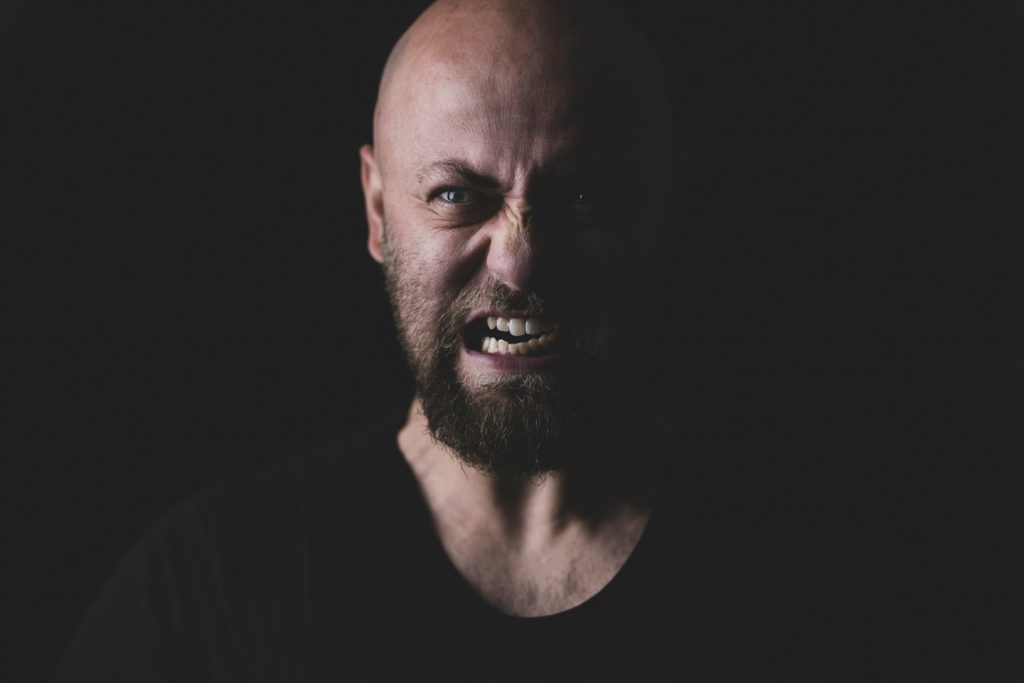
Holistic Stress Management
Stress management is a critical component in mitigating awake bruxism. The holistic approach of Thai Massage can provide valuable tools for coping with life’s daily stresses. Techniques learned and experienced during Thai Massage sessions, such as controlled breathing and mindfulness, can be applied beyond the treatment room, equipping individuals with better stress response mechanisms.
Personalised Treatment Adaptability
Finally, Thai Massage is a modality that is easily adaptable to the specific needs of each individual. For bruxism patients, therapists can focus on areas of concern, such as the jaw and associated soft tissue structures, and adjust the intensity and methods used to deliver the most beneficial experience. This personalized approach ensures that the practice is not only safe but optimised for the individual’s bruxism-related issues.
In summary, the comprehensive strategies employed in Thai Massage address both the physical and psychological dimensions of bruxism. The practice’s capacity to relax muscles, improve circulation, promote better sleep, and manage stress can all contribute to reducing the frequency and severity of teeth grinding episodes. By integrating Thai Massage into the broader management of bruxism, individuals may find a powerful ally in the quest for relief and overall well-being.

Conclusion and Recommendations
In this exploration of Thai Massage as a potential remedy for bruxism, we have uncovered several convincing advantages. As a holistic therapy, Thai Massage encompasses a spectrum of physical and mental benefits, rendering it a valuable complementary treatment for those afflicted by bruxism.
Combining mindful meditation, targeted stretches, and strategic pressure along energy lines, Thai Massage provides a pathway to reduce the muscle tension and stress that often contribute to both sleep-related and awake bruxism. Its capacity to encourage deep relaxation and enhance circulation plays a crucial role in disrupting the cycle of teeth grinding, alleviating the discomfort and potential dental complications associated with the condition.
When considering Thai Massage as part of a bruxism treatment plan, here are some recommendations:
Qualified Therapists
Seek out therapists who are specifically trained and experienced in Thai Massage to ensure sessions are both effective and tailored to the nuances of bruxism.
Regular Sessions
Because the benefits of massage therapies like Thai Massage can be cumulative. Consider regular sessions to maintain the positive results, especially during periods of high stress.
Integration with Other Treatments
Use Thai Massage as a complementary approach. Integrating it with other bruxism treatments such as dental night guards, medication, or behaviour modification techniques, for a comprehensive management strategy.
Self-Care Practices
Incorporate the principles learned during Thai Massage, like mindfulness and tension-relieving stretches, into daily routines to bolster stress management and prolong the therapy’s benefits.
Lifestyle Adjustments
Alongside Thai Massage, examine lifestyle factors contributing to stress and tension, looking at areas such as work-life balance, diet, and exercise.
Monitoring Progress
Keep a journal or log to track the frequency and intensity of bruxism symptoms. Gauge the effectiveness of Thai Massage and adjust the therapy accordingly.
As with any complementary treatment, the key to success with Thai Massage lies in its conjunction with a personalised, holistic plan of care. Individuals should always approach their bruxism treatment under the guidance of healthcare professionals to ensure the utmost safety and effectiveness.
While Thai Massage alone may not eliminate bruxism, its profound relaxation effects and stress-alleviating properties can certainly decrease its impact and improve the quality of life for those who suffer from this challenging condition.
